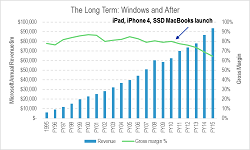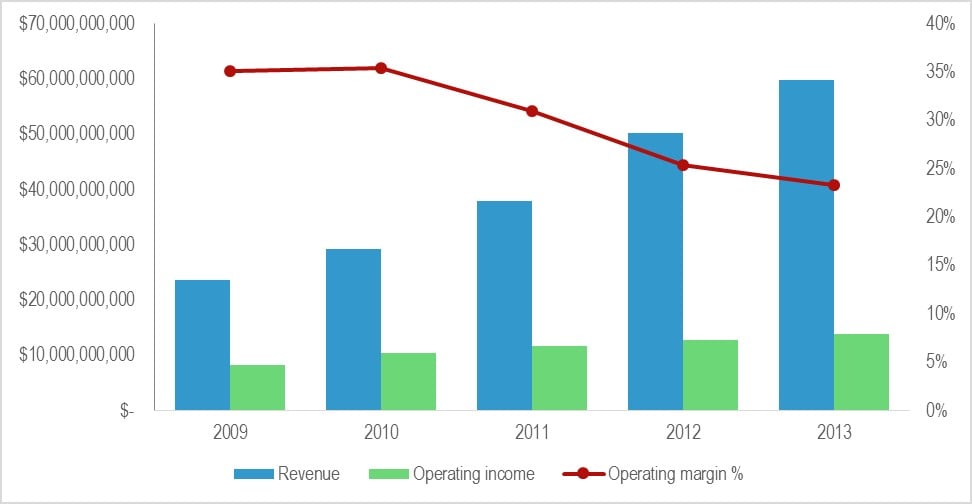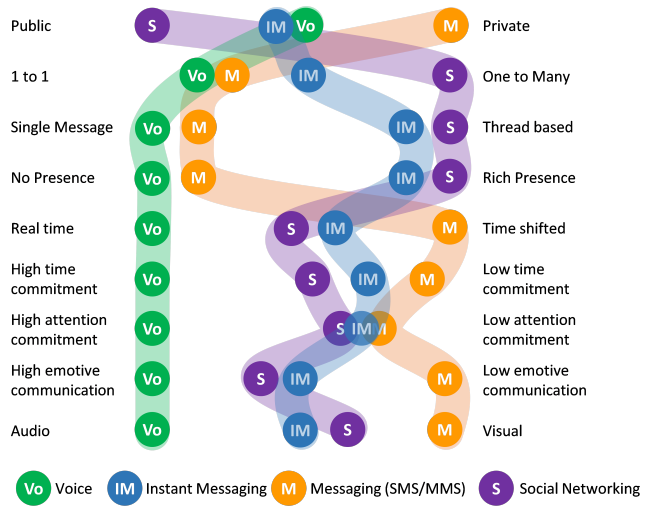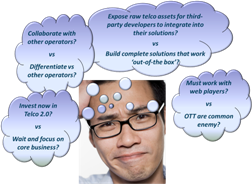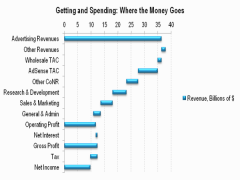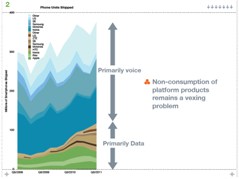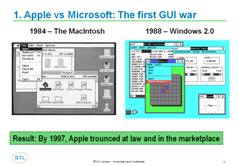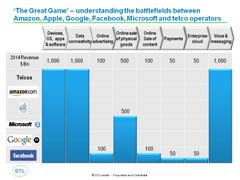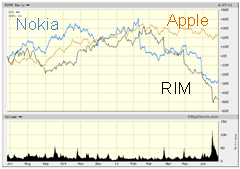Opportunities exist for operators to support third-party businesses in Customer Profiling, Marketing offers, ID & Authentication, Network QoS, and Billing, Payments & Collection. However, our in-depth research among senior execs in ‘upstream’ industries (e.g. retail, media, IT, etc.) and telcos shows that poor communication of the telecoms value proposition and slow implementation by operators is frustrating upstream customers and operators alike. Our independent new analysis (kindly sponsored by Openet) identifies strategic customer segments for telcos building new ‘Telco 2.0’ business models, key obstacles to overcome, six real-world implementation strategy scenarios, and strategic recommendations for telcos. (April 2012, Executive Briefing Service, Transformation Stream.)
Google’s Advertising Revenues Cascade



